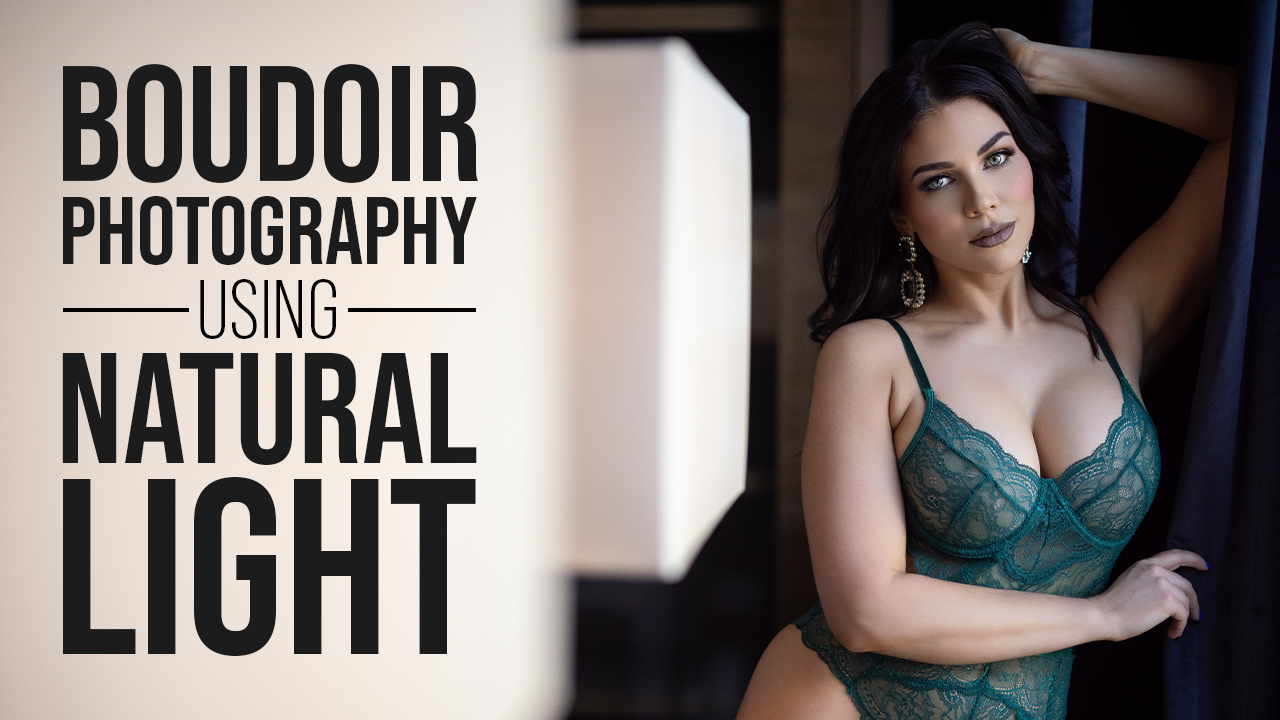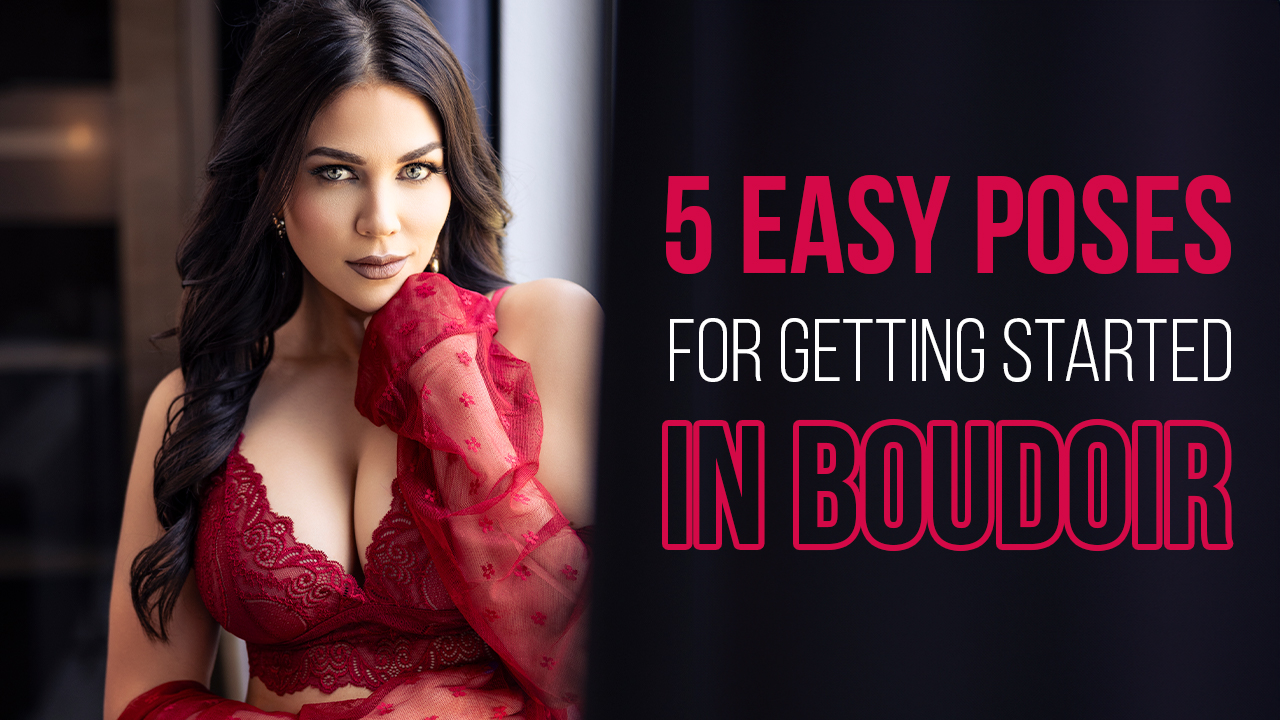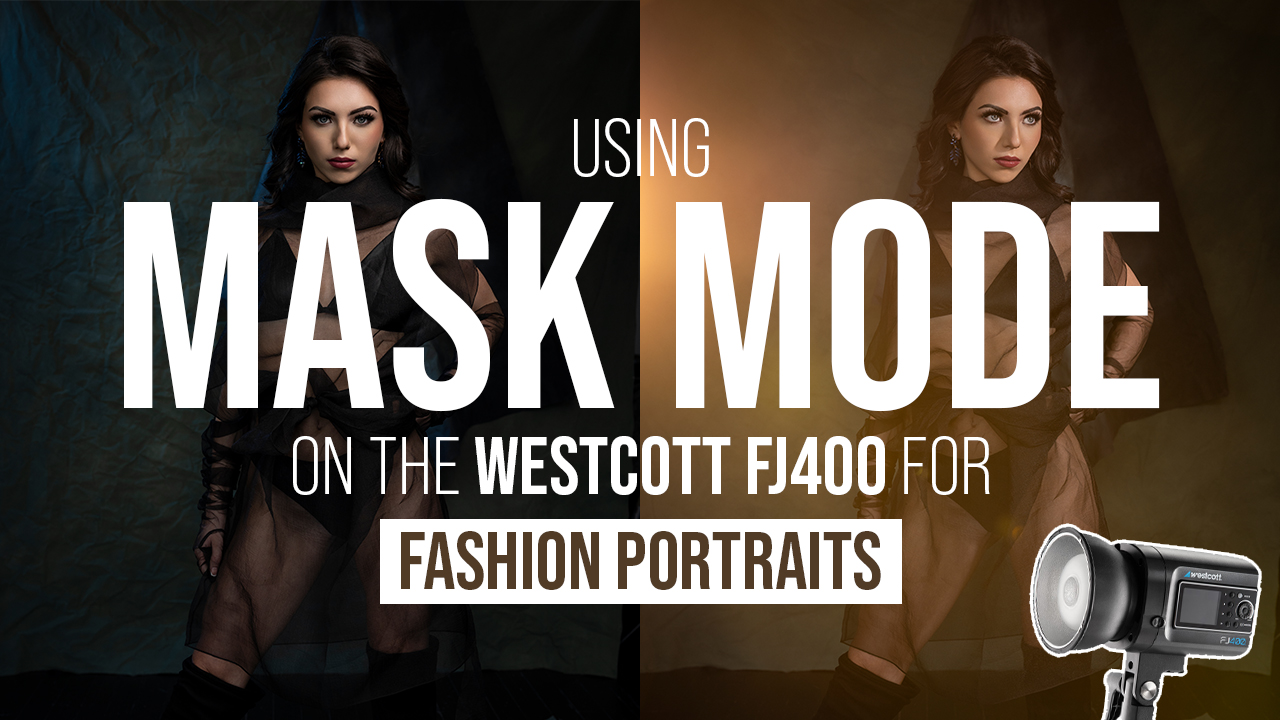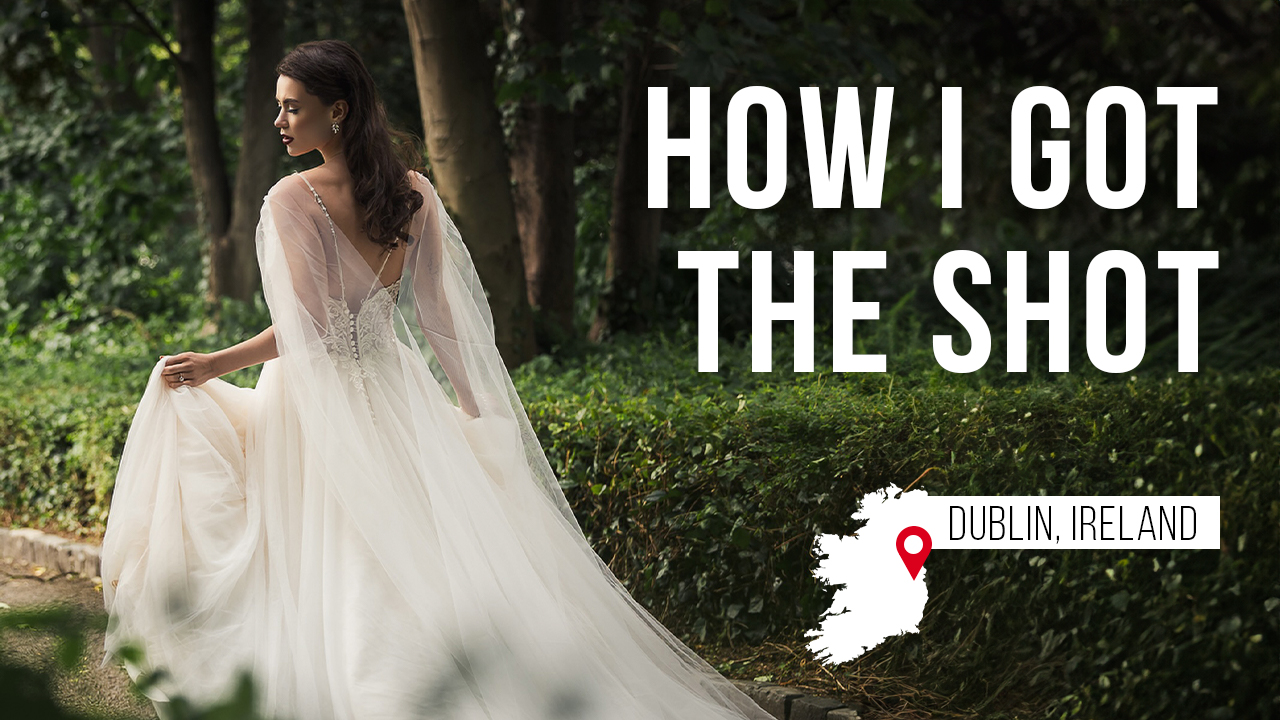Photography Tips & Tricks: How to Pose People Who Are Not Models with Jai Mayhew
As both a fashion and portrait photographer, I photograph a wide variety of posing styles. I photograph models in back-breaking avant garde positions and portrait clients who would prefer to remain seated, thank you very much (not that I let them). And it’s my job to coach them all.
While it’s of course easier to work with a model who knows her angles, posing feedback is required at every shoot. Remember, your subjects can’t see the back of your camera. Without your help, they don’t know if a pose looks incredible or odd, and they can’t see to correct for lens distortion or a severe angle. Knowing not only how to communicate what you see, but how to correct for it is a valuable skill. Think of posing as the art of using body language to tell a story. Then together with the wardrobe and lighting, the posing will bring your story to life.
So how do you pose people who are not models? With encouragement and practice. Any poses that you want to demonstrate to your clients (I suggest having at least 10 memorized and ready for shoots), practice yourself in the mirror. Know how to get into them, know some variations of them, and be confident in those poses so you can help your clients. Then use the following tips to truly elevate your posing technique.
1. Make Her Comfortable
In my experience, the best poses and expressions come from a place of trust. When your clients like you and they’re having a good time, they’re more likely to try those poses that might feel strange but photograph well. But you’re not going to rush right to those poses. Not yet. Start by creating a rapport with your clients. Do this by building an extra 10-to-15-minute warm-up into the start of your session and use this time to chat and socialize as you begin shooting. If my client seems nervous, I make a point to lower the camera often so that she can see my face. (Sometimes having that block between the two of you can create nerves. Seeing your face and smile can be reassuring.) Show her that this isn’t scary and let her get used to the process. For some clients the warm-up might be brief, for others you might need those 15 minutes. You will get better images out of a client who lets down her guard.







